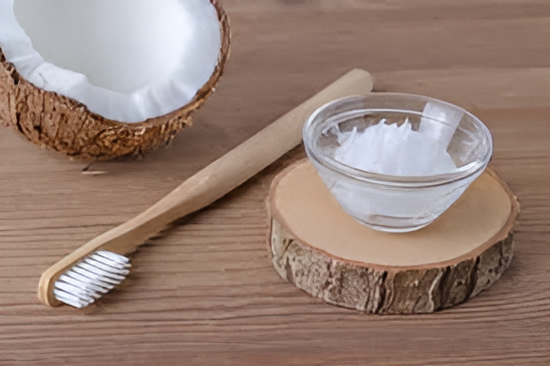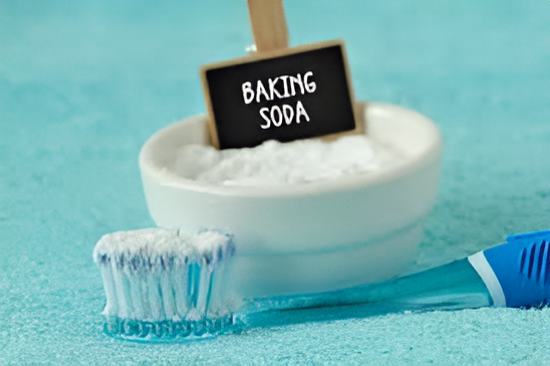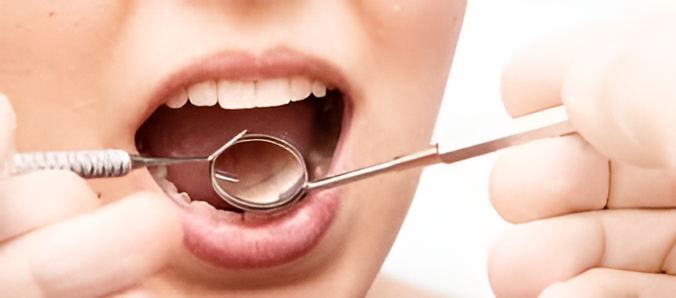When it comes to maintaining a healthy smile, many people seek natural remedies as alternatives or supplements to traditional dental care. From oil pulling to turmeric paste, the internet is full of homegrown suggestions for better oral hygiene. However, not all “natural” remedies are equally effective — and some can even be harmful.
In this blog, we’ll explore common natural remedies for dental health, review what works, and provide a realistic understanding of how they impact your oral hygiene.
1. Oil Pulling: Is It Worth the Hype?

What it is:
Oil pulling involves swishing a tablespoon of oil (commonly coconut or sesame oil) around in your mouth for 10–20 minutes, then spitting it out. This practice has been a part of Ayurvedic medicine for centuries and is believed to remove toxins, improve gum health, and reduce plaque buildup.
What works:
– Some studies suggest that oil pulling may help reduce bacteria in the mouth, which can contribute to plaque and gum disease. Coconut oil, in particular, has antimicrobial properties due to its lauric acid content.
– It can freshen breath and reduce plaque buildup when used as a supplement to regular brushing and flossing.
What doesn’t work:
– Oil pulling should never replace regular brushing and flossing. It’s not a substitute for fluoride toothpaste or professional cleanings.
– While oil pulling can reduce bacteria, there’s no strong scientific evidence that it can whiten teeth or fully prevent tooth decay.
Conclusion: Oil pulling can be a good supplemental practice, but it should not be relied on as your primary oral hygiene routine. Make sure you continue to brush your teeth twice a day and visit your dentist regularly.
2. Turmeric for Teeth Whitening and Gum Health

What it is:
Turmeric, a bright yellow spice, is often used in home remedies for its purported anti-inflammatory, antibacterial, and anti-fungal properties. It’s commonly used in toothpaste alternatives or applied directly to gums to reduce inflammation and promote overall oral health.
What works:
– Turmeric contains curcumin, which has natural antibacterial properties that may help reduce plaque and fight the bacteria responsible for gum disease.
– Some research suggests that turmeric can assist in reducing inflammation in the gums and help manage gingivitis.
What doesn’t work:
– Turmeric is not a reliable teeth-whitening agent. It may temporarily stain your teeth with its bright yellow color, which can be difficult to remove.
– There’s limited research to support turmeric as an effective long-term solution for oral health, so it’s best to use it cautiously.
Conclusion: Turmeric might offer short-term benefits for gum health, but its ability to whiten teeth is limited, and it could potentially cause stains. Use it sparingly and as a part of a complete oral care routine.
3. Baking Soda for Teeth Whitening and Plaque Removal

What it is:
Baking soda is a common ingredient in many commercial toothpastes, prized for its ability to gently polish teeth and remove surface stains. Some people use it directly by mixing it with water to form a paste.
What works:
– Baking soda is mildly abrasive, so it can effectively remove surface stains on teeth, making them appear whiter.
– It helps neutralize acids in the mouth, which can reduce the risk of cavities.
What doesn’t work:
– Baking soda should not be used too frequently on its own because its abrasive nature can potentially wear down tooth enamel over time, leading to increased sensitivity and higher susceptibility to cavities.
– It’s not a long-term solution for whitening teeth, as it only addresses surface stains, not deep discoloration.
Conclusion: Baking soda can be a good occasional addition to your oral hygiene routine for mild whitening, but it should be used in moderation. Don’t substitute it for regular fluoride toothpaste, which is essential for cavity prevention.
4. Saltwater Rinse: A Simple Solution for Gum Health

What it is:
A saltwater rinse involves dissolving a teaspoon of salt in a glass of warm water and swishing it around in your mouth. This simple remedy is a traditional treatment for soothing sore gums and reducing inflammation.
What works:
– Saltwater has natural antiseptic properties, which can help kill bacteria and reduce swelling in the gums. It can also provide temporary relief for a sore throat or after dental procedures like tooth extractions.
– It may also help reduce bad breath by flushing out bacteria from the mouth.
What doesn’t work:
– A saltwater rinse is not a substitute for proper brushing, flossing, or professional dental treatments.
– While effective for soothing minor gum irritation, saltwater won’t treat more severe conditions like gum disease or cavities.
Conclusion: Saltwater rinses can be an effective temporary remedy for soothing irritated gums or freshening breath, but they are not a replacement for professional dental care.
5. Aloe Vera for Oral Health: Does It Help?

What it is:
Aloe Vera is well-known for its soothing and healing properties, especially for skin burns and irritations. Some people use it as a gel applied directly to the gums or as an ingredient in mouthwash to promote oral health.
What works:
– Aloe Vera has antibacterial and anti-inflammatory properties that can help reduce gum inflammation and promote healing in the mouth.
– It can be effective in managing minor gum problems or after dental procedures, although more research is needed to support its widespread use in oral care.
What doesn’t work:
– Aloe Vera alone will not address tooth decay or serious dental issues.
– Some aloe products designed for oral use may contain alcohol or other ingredients that can irritate the mouth, so it’s essential to use high-quality aloe vera gel intended for oral health.
Conclusion: Aloe Vera may provide some mild relief for gum inflammation and soothe oral tissues, but it’s not a substitute for brushing, flossing, and professional dental care.
Final Thoughts: The Importance of a Balanced Approach

While natural remedies can be helpful in maintaining your dental health, they are best used as supplements rather than replacements for regular brushing, flossing, and visits to your dentist. The most effective way to ensure long-term oral health is through a combination of good hygiene practices, a balanced diet, and professional dental care.
If you’re considering adding a natural remedy to your routine, it’s a good idea to consult with your dentist first to ensure it’s safe and effective for your specific oral health needs.
Remember: No matter how many natural remedies you try, nothing replaces the benefits of regular brushing, flossing, and professional cleanings to maintain a healthy smile!
